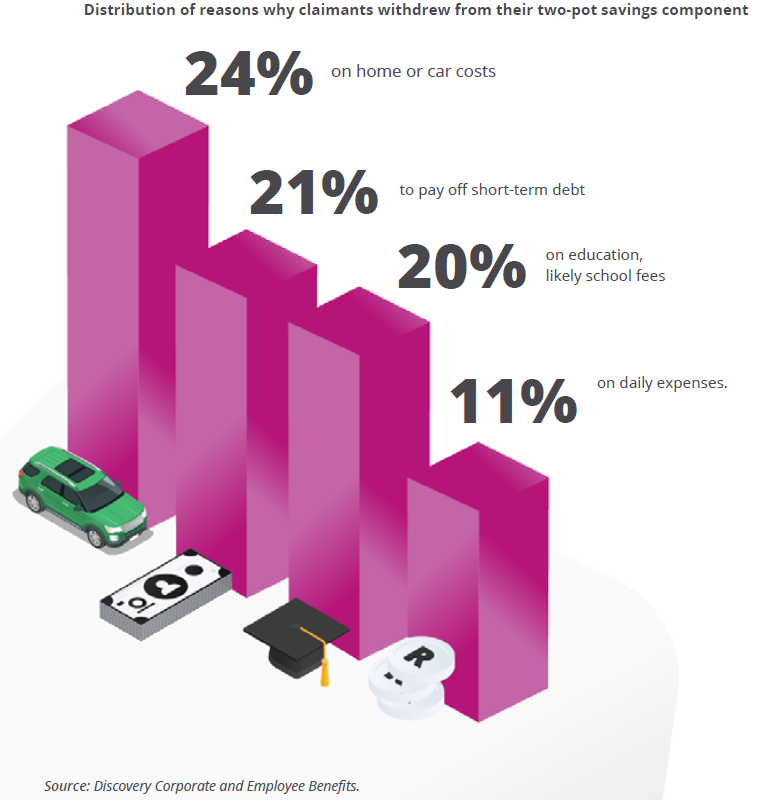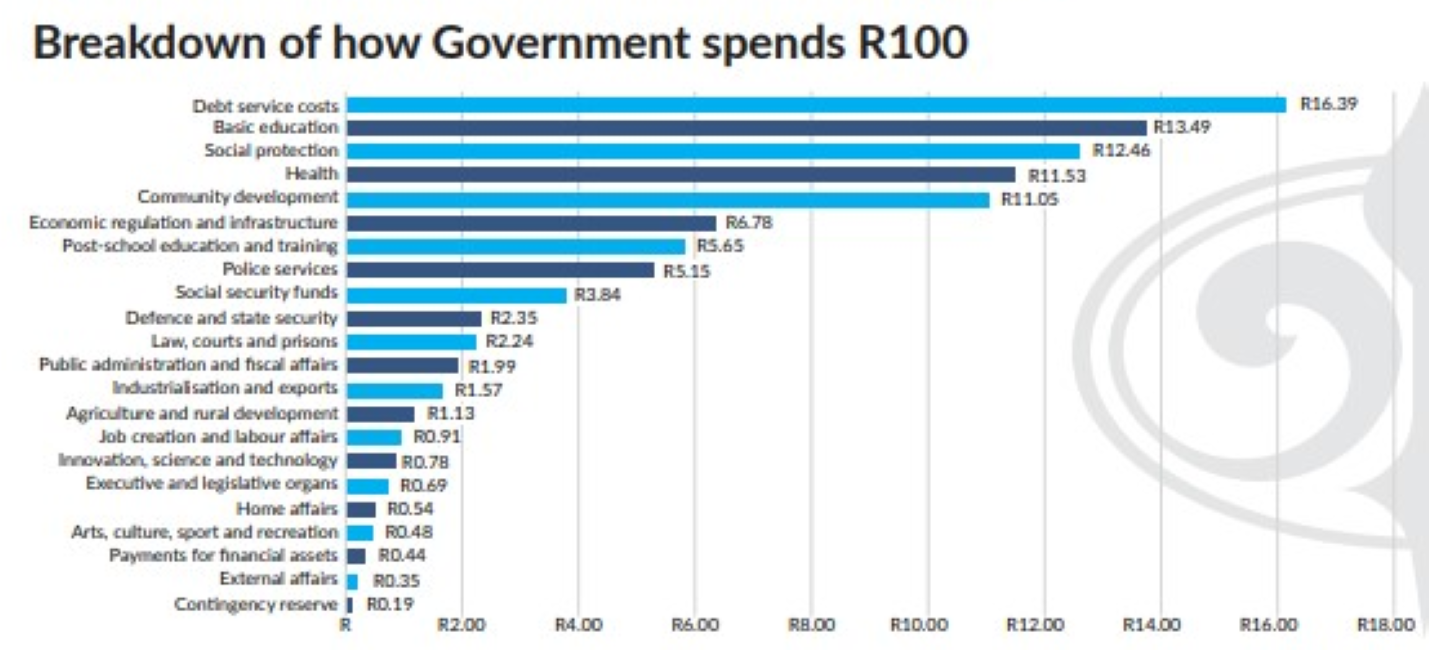Buying property means you are taking on a huge financial responsibility, with most bonds taking 20 years to pay off.
House hunting is exciting when you are ready to buy. So much so that you could make the wrong choice and buy a money pit that just swallows all your extra money on repairs. Or you could be choosing the right property. How do you know when to walk away?
Buying a home is not just a transaction. It is a big decision with long-term consequences and you will spend the most money ever in your life. Whether you are a first-time buyer or upgrading your space, the right property will feel right, but there is more to it than gut instinct, Eva August, CEO of Century21, says.
August has these tips and pointers around what to look for and what should send you running straight out the front door.
ALSO READ: Has your dream home turned out to be a dud after purchase? There is recourse
Green light: solid structure, sound property investment
A home with good bones is more than just straight walls. Check for level floors, stable ceilings and doors and windows that open and close smoothly. A well-built structure gives you peace of mind that your investment will stand the test of time as well as the elements.
Red flag: Structural concerns, even small signs like hairline cracks, sloping floors, bubbling paint, or discoloured patches could indicate deeper structural or moisture issues. If you feel like the house is masking bigger problems, trust your instinct and call in a professional. Some flaws are more than cosmetic – they are deal breakers. Remember your rights regarding “voetstoots”, August says.
Green light: the property ticks most of your boxes
You will not get everything on your wish list, but if it has 80% of what matters, such as the right location, good layout, the right number of bedrooms and enough natural light, you are on the right track. “Compromise on the details, not your dealbreakers.”
Red flag: If you have to justify a major flaw with “we will fix it later”, pause and think first. If you hate the kitchen now, odds are you still will two years (and one expensive quote) later.
ALSO READ: Buying property: Seize the day or cautiously wait?
Green light: the area feels like home
Walk around the neighbourhood. Are people out walking their dogs? Are the streets clean? Is there a sense of safety? If the vibe feels right and the commute does not make your blood boil, you are onto something, August says.
Red flag: Burglar bars on every window and a dog barking on every corner? Take it seriously. “No house is worth constant anxiety.”
Green light: you can see yourself living there
This is not about mood boards or Pinterest daydreams anymore. If you walk in and immediately think where your couch will go or which room will be the office, you are moving in mentally.
Red flag: If you struggle to picture how your life would fit in the space – physically or emotionally – that is telling. A house should offer possibilities, not puzzles.
ALSO READ: South Africans optimistic about investing in residential property — survey
Green light: the paperwork for the property checks out
Are there approved plans? Is the zoning in order? Are there no weird clauses in the sale agreement? A seller with nothing to hide will have everything ready to go. Never settle for half-answers, August says.
Red flag: Missing paperwork, resistance to inspections or sudden urgency to close the deal should all set off alarms.
Green light: it feels like a fair deal
Do your homework. Compare similar properties in the area. If it is priced in line with the market and the numbers match the condition, it is a good sign. A decent home at a fair price is always worth consideration.
Red flag: If it is “too good to be true”, it probably is. And if the agent or seller is vague about costs, walk away. Transparency matters.
ALSO READ: Here is your home insurance checklist
Green light: your agent is open, honest and well-informed
A reliable estate agent does not just open doors. They will provide full access to important documentation, clearly explain the financial breakdown of the deal (including levies, rates, bond costs and transfer fees) and willingly share the property’s history.
They are proactive about disclosures, answer questions confidently and help you to understand exactly what you sign up for. August says with the right agent, you will feel informed, not overwhelmed.
Red flag: Vague answers. If the agent dodges questions about costs, compliance, or the property’s background or pushes for quick decisions without offering supporting information, it is a warning sign. Lack of transparency often hides bigger problems.














